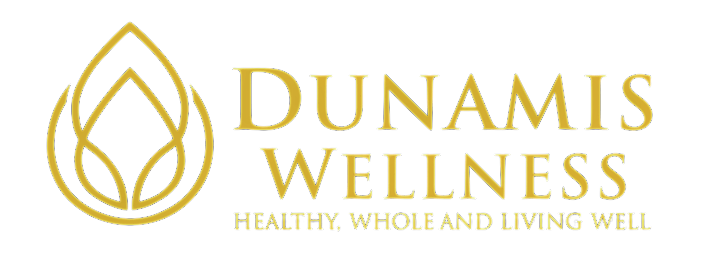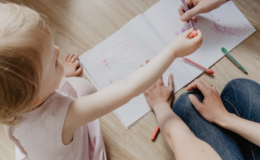We long for relationship, acceptance, and validation from others. Humans have lived in the context of relationship since we first took steps on this earth. We live in families, work side by side, gravitate towards others that are like-minded or we identify with to form our friend groups. We are relational beings; it is the very core of who we are.
The newborn baby is most content while skin-to-skin with her mother. While mother and father looks that child in the eyes and bathe him with affection, his brain comes alive in powerful ways. Synapses in the brain develop those first days, weeks, and months to understand “I am special”, “I am loved”, and “I belong”. A baby cries and her mother or father responds and the baby learns “I matter”. That little person begins to discover, in the context of relationship, core truths of identity, that become building blocks which later on in life builds a much more profound concept of value, identity, and belonging.
Every time a parent comforts, hugs, snuggles, empathizes, validates, dotes on, lovingly corrects with acceptance, and says and shows “I love you” they are reinforcing the foundational truth that the child is valuable, important, and accepted; and the other person in the relationship is validating, safe, responsive, present, concerned, and trustworthy. These are foundations of healthy attachment; of a strong, healthy, and optimal relationship.
It is the pain within relationships (or without relationships through neglect) that these core building blocks can also be fractured and threatened. When questions of our value and acceptance, or others’ reliability, care, and trustworthiness occur our security in relationship (and our value in the context of relationship) becomes shaken. For those individuals that have experienced abuse and neglect from a person that was supposed to establish the foundational concepts of love, acceptance, and safety the schema of relationship becomes tainted. Relationships become threatening.
For some people, relationships become unpalatable due to the degree of hurt a person suffers through others. For some they have experienced such hurt or neglect, that relationships seem to be a source of only pain, and never validation, safety, or reassurance. There are children across this world that fall throughout the spectrum of how safe or potentially dangerous a relationship can be; and those children grow up. Those children become men and women. Those children become mothers and fathers. Some of those children become the woman you see at the bank, the man you see sleeping on the street, the teacher that works in the school, the pastor that preaches at your church, the woman standing on the street corner. Some of us are those children, still avoiding the source of pain, the thing that we have been hurt by again and again, relationships. Therefore some of us avoid deep, meaningful, intimate, vulnerable relationships out of self-preservation; which leaves us without a core need.
The good news is our brain can always adjust and grow. Research on neuroplasticity shows that throughout life the synapses in our brain change and form new ways of thinking; the brain can heal. On a biological level, we can change. The way we perceive others can change. This is the hope and motivation behind working through relational trauma, abuse, betrayal and other hurt that have impacted our perception of the world and others. What if relationships were no longer a threat? What if relationships were rewarding, affirming, and enriching? What if we were not afraid, but we were confident about the way we love others and the way that we are loved? We would not just long for deep connection and validation from others, we would experience deeply connecting, validating, and rewarding relationships.
– Jason Hodgson, LPCC






Leave a Comment